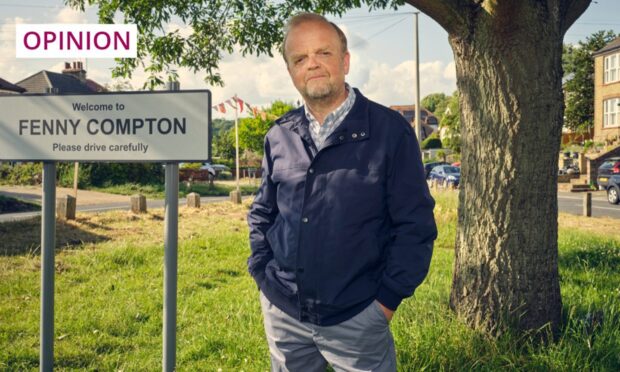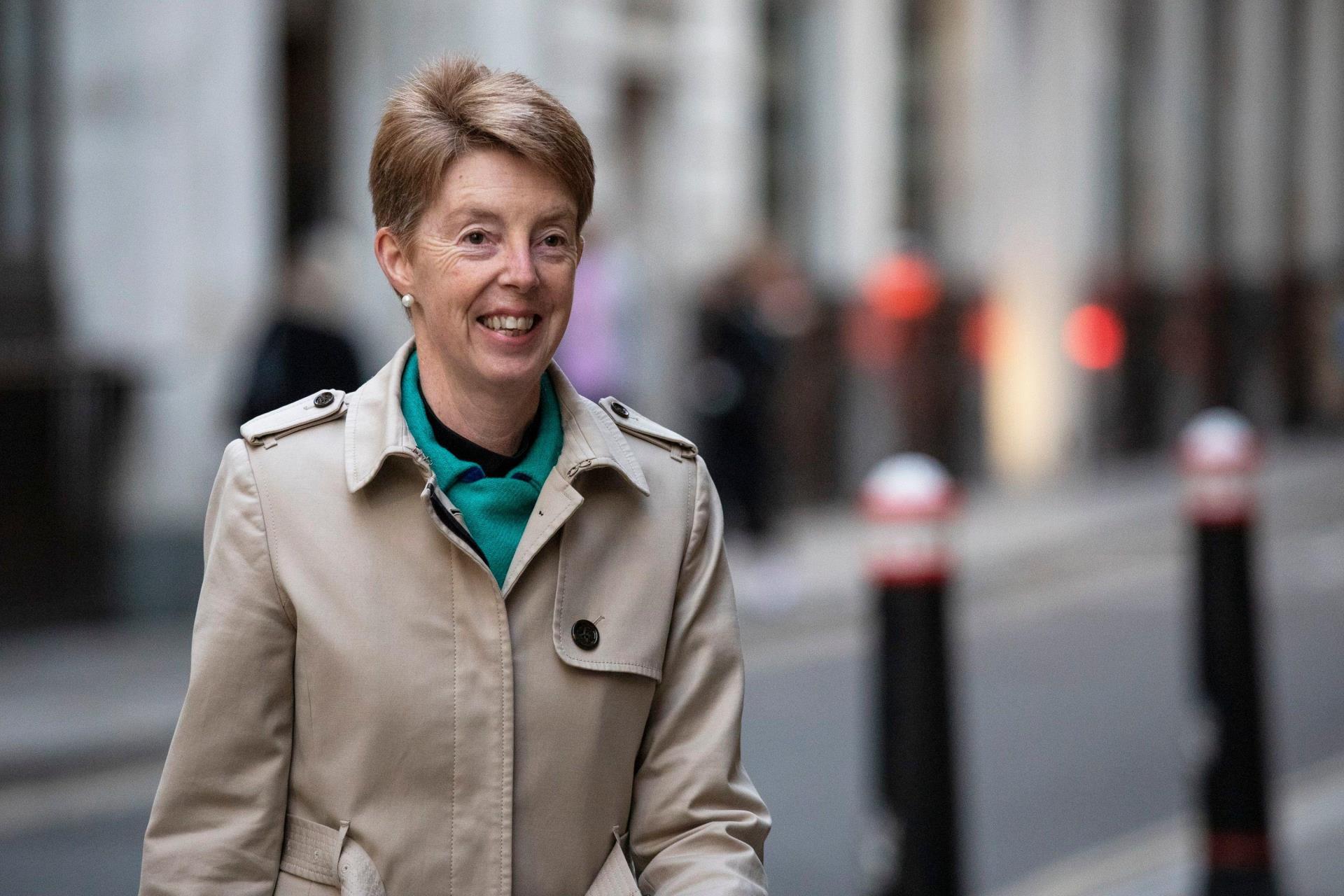The scandal at the Post Office, which saw hundreds of subpostmasters accused of theft and false accounting because of a computer error, prompted memories of a story I once read about Douglas Adams, author of The Hitchhiker’s Guide to the Galaxy.
Adams described buying a coffee, a packet of biscuits, and a newspaper at a station while waiting for his train. A businessman wearing a suit and carrying a briefcase sat down opposite him. Adams was stunned when the man reached across, opened his packet of cookies and ate one. Adams said nothing, but took a cookie himself.
They ate the biscuits alternately until they were finished, exchanging meaningful glances as the man left, but saying nothing. When Adams finally left for his train, he picked up his newspaper – and found his cookies underneath.
The vignette illustrates something about our cultural values. Pretend you haven’t seen. Don’t be first to speak. Silence over confrontation. It is particularly true in organisations.
Adams’s comic adversary is described in bland, corporate terms: business suit, briefcase. While organisations promote common goals, they also often remove personal identity and responsibility. That is dangerous.
A warped sense of corporate “loyalty” replaces the necessity to identify wrongdoing with the necessity to protect “the organisation”. Enter Paula Vennells, ex-CEO of the Post office, who stonewalled complaints for years.
Despite being described as the most wide-ranging injustice in British legal history, the Post Office story never got the traction it truly deserved. Why not? Because people who knew the truth at both the Post Office and Fujitsu, which ran the computer system, kept quiet – or lied.
Numbers, not faces
Our society encourages docility in the face of power. The bigger the beast, the less we say. Defend the powerful over the weak, the corporate over the individual, Goliath over David. When your biscuits are gobbled up, swallow and say nothing.
The recent TV drama Mr Bates vs The Post Office has changed that, shaking the complacent notion that big-brand institutions deserve automatic trust. Why did it take fiction to make us finally face fact? Subpostmaster Alan Bates has spent over 20 years fighting for justice for those wrongly accused and convicted.
As one character in the drama put it, people convince themselves the institution isn’t lying because “you just can’t bring yourself to believe that people can be that bad”. But corporate facelessness enables people to behave in ways they wouldn’t as individuals.
Organisations suck individuality from victims as well as their staff. They are numbers, not faces. Cases not people. Threats not victims.
The greatest of society’s injustices are perpetrated by big institutions defending their reputation more vociferously than they defend any injured parties. We have seen it with religious institutions like the Catholic Church and the Church of England. With the care sector. With government departments.
Paula Vennells was not only a CEO; she was a church minister. Now, there’s a potential double whammy in the ability to deny, destroy and defend the indefensible.
Surveying the rubble of destroyed lives
The real Post Office story does not lie in numbers; not in totals of accusations, convictions, or compensation paid. It lies in suicides, destroyed marriages, in families ripped apart.
Some were jailed. Some were given electric shock treatment for depression. Some were unable to leave home because of the shame of being publicly accused of theft.
People had life savings gobbled up trying to rectify shortfalls that weren’t theirs. The reality of this story lies where the reality of power abuse always lies: in the rubble of destroyed lives.
It was gaslighting on an epic scale. The Post Office could not publicly acknowledge
that it had spent billions on its faulty computer system, “Horizon”. So, it told every subpostmaster who got in touch that they were the only ones having problems. Their issue, their responsibility.
To have Rishi Sunak now say he is “shocked” about this “appalling miscarriage of justice” is galling. Is this the first he’s heard of a decades-old struggle? Did he watch telly over the holidays?
Trust should never be automatically invested in big institutions
Therein lies the true scandal of this story – the collusion of silence. Every way you look at it, big institutions let ordinary people down.
The legal system offered no justice to those who didn’t have the money to fight. Those who didn’t have the power to be heard above the voice of the corporate stranglehold were ignored. There was an automatic assumption that big business doesn’t lie.
Paula Vennells was given a CBE in 2020, the year after she left the Post Office. Rewarded by Sunak’s party, until publicity prompted his remarkable volte-face
Alan Bates turned down an OBE for his incredible efforts to seek justice. Why? Because Paula Vennells was given a CBE in 2020, the year after she left the Post Office. Rewarded by Sunak’s party, until publicity prompted his remarkable volte-face – and hers. Pressure led to her relinquishing it.
The truth is that the establishment defends its own until the protests get too loud to do otherwise. That’s why trust should never be automatically invested in power bases, institutions and establishments. They should always be robustly questioned. When somebody steals the cookies, shout.
Catherine Deveney is an award-winning investigative journalist, novelist and television presenter












Conversation